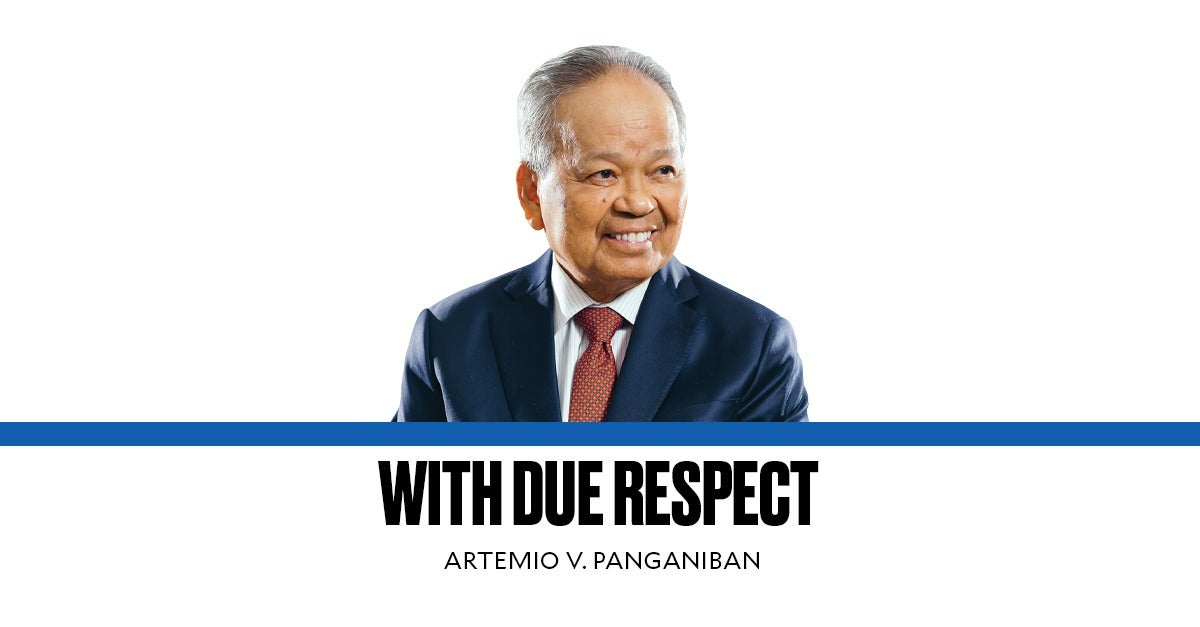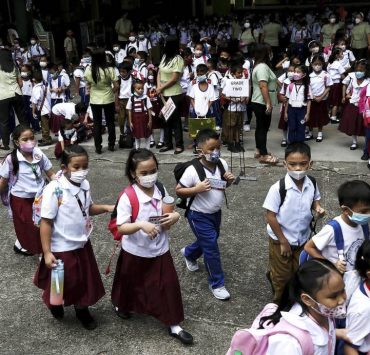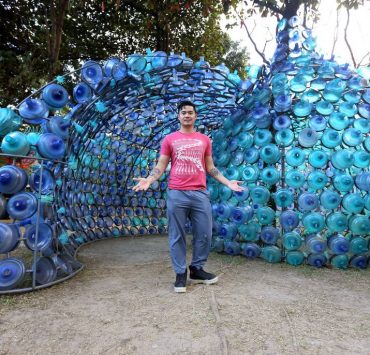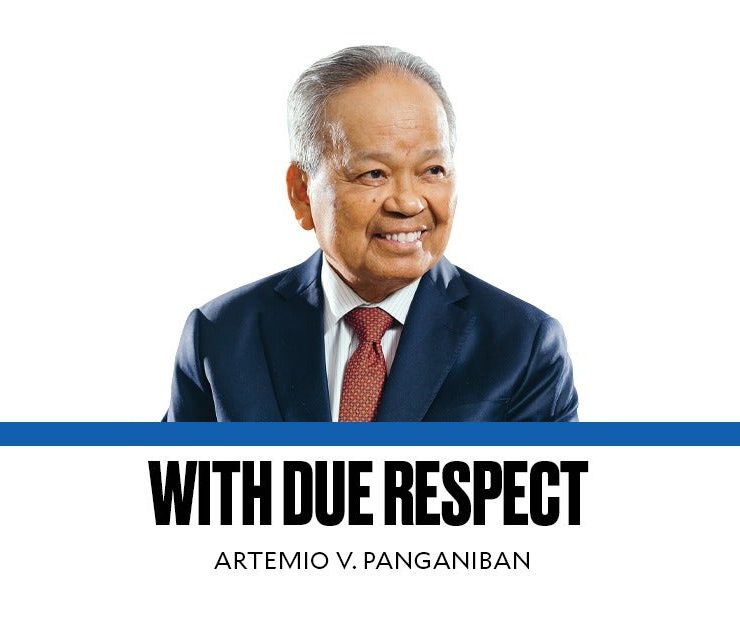President Marcos’ ICC options

The recent hearings in the House of Representatives ignited spirited public debates on whether the present regime should allow the International Criminal Court (ICC) to investigate and, if warranted, prosecute alleged crimes against humanity committed during the term of, and/or by, former president Rodrigo R. Duterte. Reacting to the debates, President Marcos said that returning “under the fold of the ICC” is “under study. So, we’ll just keep looking at our options.” In my humble opinion, he has three major options: 1) Maintain the status quo, 2) Rejoin the ICC, and 3) Cooperate without rejoining the international tribunal.
MAINTAINING THE STATUS QUO MEANS LETTING THINGS STAND AS THEY ARE; that is, our country will not rejoin the ICC but will respect the July 18, 2023 decision of the ICC’s Appeals Chamber (AC), voting 3-2, authorizing incumbent ICC Chief Prosecutor Karim Khan to resume his investigation of the alleged crimes committed on Nov. 1, 2011, to March 16, 2019.
Please note that the majority of three in that AC decision merely agreed with Khan that our government had not shown genuine willingness or ability to investigate the situation in the Philippines and to prosecute the perpetrators, especially the “brains,” of the alleged crime. Note too that the majority did not rule on the more fundamental issue of whether the petition to conduct the preliminary investigation was filed within the undisputed reglementary period of two years. It simply ignored this issue, saying that our government has waived its right to pose it.
The vocal minority of two insisted, and I respectfully agree, that the ICC did not acquire jurisdiction over the alleged crimes because former ICC chief prosecutor Fatou Bensouda petitioned the ICC’s Pre-Trial Chamber (PTC) for authority to conduct the preliminary examination only on May 24, 2021, and the PTC granted her petition only on Sept. 15, 2021, both dates being more than two years after the Philippine withdrawal from the ICC took effect on March 17, 2019. This may be the reason why until now, and despite the 3-2 ruling of the AC, Khan has not publicly announced the resumption of his investigation.In any event, Solicitor General Menardo I. Guevarra summed up the current Philippine position: Unless blacklisted or deemed “undesirable,” Khan’s investigators may enter the country in accordance with our laws, roam the countryside, observe their surroundings, listen to witnesses, receive documents, and see how free and capable our justice system is, with no cooperation from our government.
UNDER THE SECOND OPTION, the President, pursuant to his constitutional authority to conduct foreign affairs, has the plenary power to get us back to the ICC and remove all uncertainties to enable Khan to investigate the Philippine situation and to prosecute the culprits; and to allow the ICC to convict after due process and to order the detention of the convicted culprits.
My humble opinion is that, based on the available information showing that our withdrawal from the ICC was made solely by the President without the Senate’s concurrence, the President (regardless of who the incumbent is) may simply reverse his own act by recalling the letter of withdrawal without need of a new Senate ratification. The Senate ratification of the Rome Statute that created the ICC had never been reversed by the Senate. Hence, the concurrence it gave on Aug. 23, 2011, via Senate Resolution No. 57 still mightily stands to this day.
Though rendered merely via an obiter dictum (side remark), the Supreme Court—in Pangilinan v. Cayetano (March 16, 2021) fittingly penned by Senior Associate Justice Marvic M.V.F. Leonen—backed up this obiter with logic, reason, and wisdom.
UNDER THE THIRD OPTION, the President need not recall his letter of withdrawal but simply allow his Cabinet members, especially the secretary of justice, to open the facilities of the executive branch, like the National Bureau of Investigation, Philippine National Police, and the Office of the DOJ Chief Prosecutor, to help Karim Khan investigate the Philippine situation and prosecute the alleged culprits.
Under this option, the President can justify the exercise of his diplomatic power by citing the comity of nations and our abiding respect for the rule of law. In fact, I think this stance can end in either of two seemingly disparate results: first, the ICC investigators may conclude that after all, the Philippines is genuinely willing and able to discharge its primary duty to investigate and prosecute; and second, the investigators may decide to rely on their own findings and ensnare the alleged perpetrators into the sticky ICC web.
Vice President Sara Duterte has formally asked the Department of Justice not to cooperate with Khan and his prosecutors, and with the ICC itself. In short, she is in favor of maintaining the status quo, thereby upholding the self-respect and dignity of our country and demonstrating the viability and capacity of our local institutions to render justice though the heavens may fall.
Which option will the President take? Abangan.
Comments to chiefjusticepanganiban@hotmail.com


















